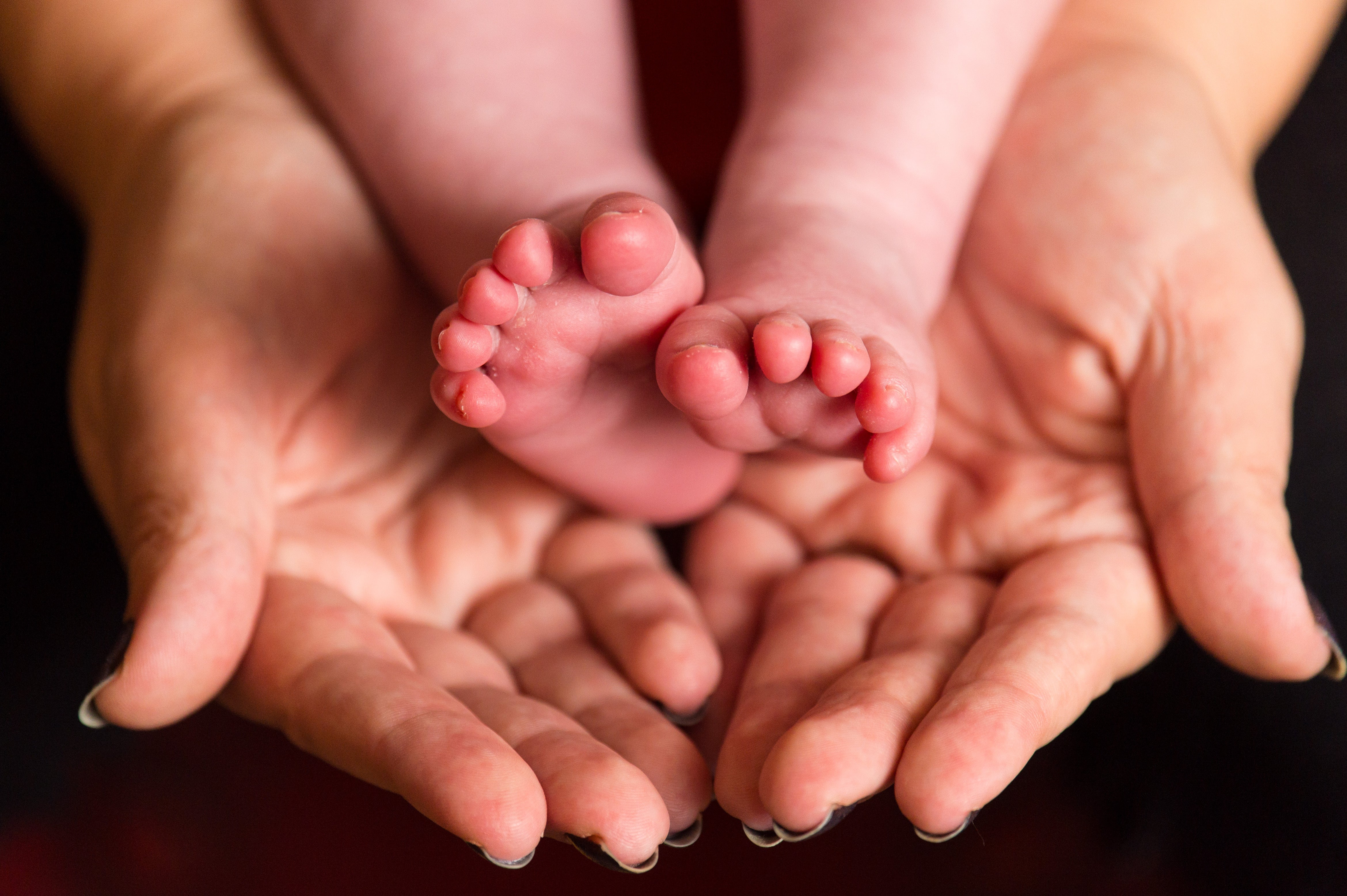Fifth of mothers felt pressured to have natural birth, poll reveals
Some 21% of respondents said they felt they had been pushed to act against their wishes, with some saying their child had almost died as a result.

Your support helps us to tell the story
From reproductive rights to climate change to Big Tech, The Independent is on the ground when the story is developing. Whether it's investigating the financials of Elon Musk's pro-Trump PAC or producing our latest documentary, 'The A Word', which shines a light on the American women fighting for reproductive rights, we know how important it is to parse out the facts from the messaging.
At such a critical moment in US history, we need reporters on the ground. Your donation allows us to keep sending journalists to speak to both sides of the story.
The Independent is trusted by Americans across the entire political spectrum. And unlike many other quality news outlets, we choose not to lock Americans out of our reporting and analysis with paywalls. We believe quality journalism should be available to everyone, paid for by those who can afford it.
Your support makes all the difference.One fifth of mothers felt pressured by healthcare professionals to give birth naturally, a survey has found ahead of the publication of a major review into maternity failings.
Some 21% of women who answered questions said they believed they had been pushed to act against their wishes, with some respondents saying their child had almost died as a result.
Hundreds also suffered “deeply distressing” experiences of childbirth, naming more than 50 hospitals across the UK, according to the poll by internet forum Mumsnet.
Women responding to the survey described consultants becoming “obviously annoyed” with them and doctors laughing at them after they asked for a C-section.
Others said they still suffered “flashbacks” because of their time using maternity services.
The survey received 2203 responses from women who had given birth over the past 20 years, according to Mumsnet.
“I was a high-risk mother and was forced to give birth naturally. As a result, myself and my child almost died. I will never get over it and have flashbacks every night,” one said.
Another added: “I was four days into an induction, utterly exhausted, desperate for it to end, begged for a C-section and was told ‘no, we need to give you the opportunity to have the vaginal birth you want’ even though I never had any preference either way.”
“Had to shout and scream in labour to force them to go through with a pre-planned C-section that was needed for medical reasons. Was very traumatising,” one woman said.
One respondent said: “I had to fight for an elective section after a very traumatic emergency C-section with my first pregnancy. I had to really fight and the consultant was very obviously annoyed with me.”
It comes ahead of a major review into Shrewsbury and Telford Hospital NHS Trust, led by maternity expert Donna Ockenden, the findings of which are due to be published on Wednesday.
Families of babies who died or were left seriously disabled due to catastrophic mistakes at the NHS trust have said they hope the final report provides them with some answers.
The implications will resound across the whole of NHS maternity care.
Ms Ockenden’s team has examined 1,862 cases, mainly covering 2000 to 2019, making it the largest inquiry into a single service in the history of the NHS.
The trust is currently ranked as inadequate by regulators.
Justine Roberts, founder and CEO of Mumsnet, said the stories showed that prioritising the health of mother and child was “simply not happening” in “far too many cases”.
“There’s no doubt that the NHS is full of incredible professionals doing their utmost for women, but there also seems to be an institutional bias in favour of natural birth come what may, which results in many mothers undergoing horrific births,” she said.
“This often comes with lasting – and sometimes tragic – consequences for mothers and babies.”